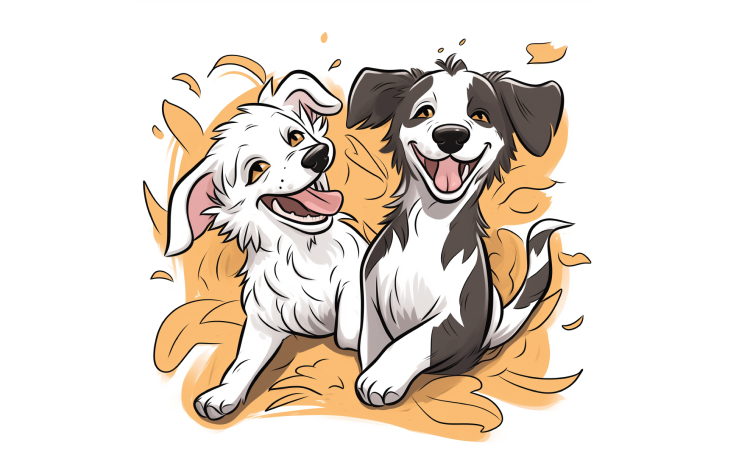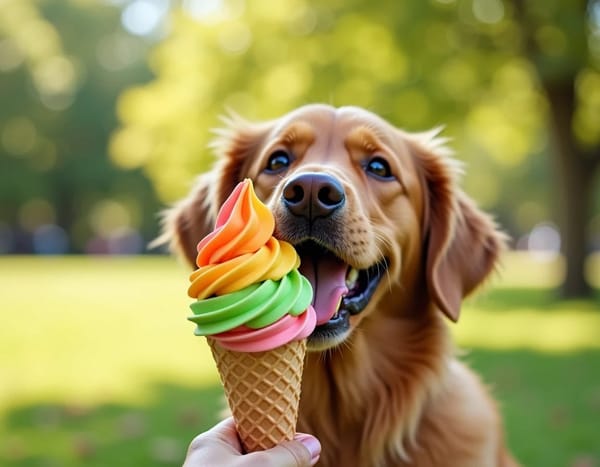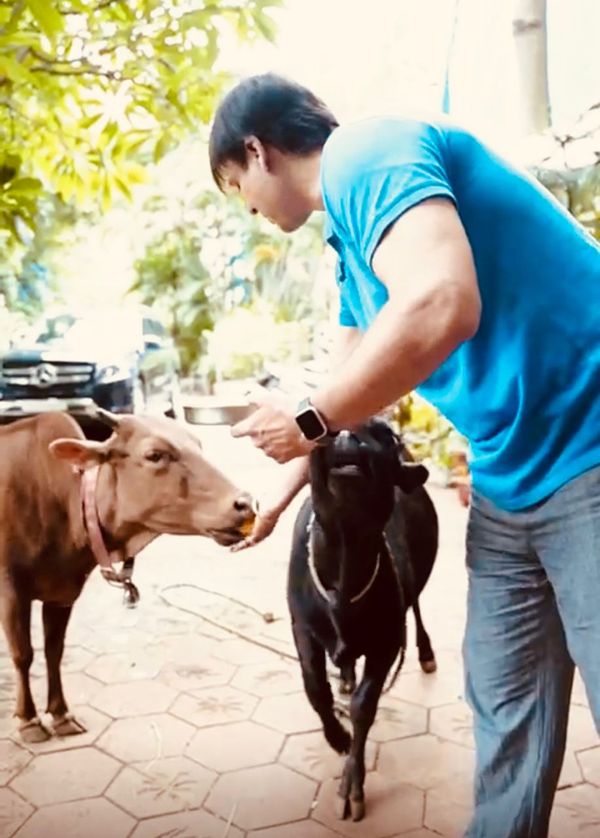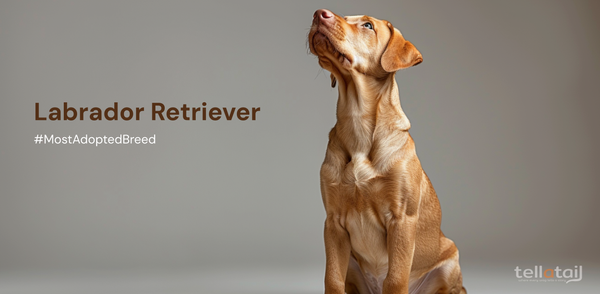Golden Years Unleashed: The Ultimate Guide to Senior Dog Care
As our canine companions step into their elder years, the bond we share with them deepens, and so does our responsibility to ensure their twilight years are as comfortable and joyful as possible.

In the tapestry of a dog's life, the senior years are akin to a late autumn afternoon – golden, a little slower, but filled with a unique beauty and a depth of companionship that only time can weave. As our canine companions step into their elder years, the bond we share with them deepens, and so does our responsibility to ensure their twilight years are as comfortable and joyful as possible.
Embracing the Golden Years: Understanding Senior Dogs
The journey into seniorhood for dogs is a subtle and gradual one. It's not just about the graying muzzle or the slower gait, but a shift in their needs, behaviors, and health. Small breeds may enter their senior years around the age of 10, while larger breeds might reach this stage earlier, around 7 or 8 years old.
As they age, dogs may experience changes in their metabolism, mobility, and overall health. They might prefer shorter walks over long romps in the park, and cozy naps might take precedence over playful antics. It's a time of change, both for the dog and the owner, requiring patience, understanding, and an adjustment in care.
Nutritional Needs: Feeding the Ageing Canine
One of the pillars of senior dog care is nutrition. As dogs age, their dietary needs evolve. They may require fewer calories to avoid weight gain, but still need a diet rich in essential nutrients to support aging joints, organs, and cognitive functions.
Veterinarians often recommend diets formulated for senior dogs, which typically contain a careful balance of protein, fiber, and fat, along with supplements like glucosamine and chondroitin for joint health. It's also crucial to monitor their hydration, as older dogs may be less inclined to drink sufficient water.
Veterinary Visits: The Cornerstone of Senior Dog Health
Regular veterinary check-ups become increasingly important as dogs age. These visits are not just about vaccinations, but are crucial for early detection and management of age-related issues such as arthritis, kidney disease, or vision and hearing loss.
Veterinarians can also offer valuable advice on managing any cognitive changes your dog may experience, akin to dementia in humans, known as Canine Cognitive Dysfunction. Regular health screenings, dental care, and discussions about any behavioral changes are integral parts of these visits.
Exercise and Mobility: Keeping the Body and Mind Active
While senior dogs may not have the same energy levels as in their youth, exercise remains a vital component of their routine. It helps maintain a healthy weight, supports joint health, and keeps their mind engaged. Tailoring exercise to their comfort level – such as shorter, more frequent walks – can make physical activity enjoyable for them.
Mental stimulation is equally important. Puzzle toys, gentle training exercises, and even simple games can help keep their mind sharp. It's about finding the right balance between physical activity and cognitive engagement.
Home Comforts: Adapting Your Space
As dogs age, their comfort at home becomes paramount. Simple adjustments can make a significant difference – like orthopedic beds to ease joint pain, ramps to help them get on and off higher surfaces, and non-slip mats to prevent falls.
It's also about keeping their living area warm and cozy, as older dogs may struggle to regulate their body temperature. Ensuring they have a comfortable, accessible space is key to their well-being.
Emotional Bonds: The Heart of Senior Dog Care
Perhaps the most profound aspect of caring for a senior dog is the emotional bond. This stage of life can be as challenging for the owner as it is for the dog. It's a time to cherish the moments, to adapt to their changing needs with compassion, and to provide them with the love and care they've unconditionally given us throughout their lives.
In Conclusion: A Journey of Love and Care
Caring for a senior dog is a journey marked by patience, adaptation, and an abundance of love. It's about celebrating their life, providing comfort, and ensuring their golden years are filled with warmth and joy. As they walk this path, they don't walk alone – they have us, their faithful companions, every step of the way.
In these golden years, every moment is a treasure, a chance to give back the love and joy our canine companions have bestowed upon us. It's an opportunity to make their senior years as fulfilling and comfortable as possible, a testament to the enduring bond we share with our beloved pets.
#SeniorDogCare #AgingDogs #CanineHealth #ElderlyDogLove #PetParenting #OlderDogs #DogLovers #SeniorPetHealth #GoldenYears #SeniorCanines #DogCareTips #AgingWithGrace #SeniorDogLife #PetWellness #LoveOldDogs




